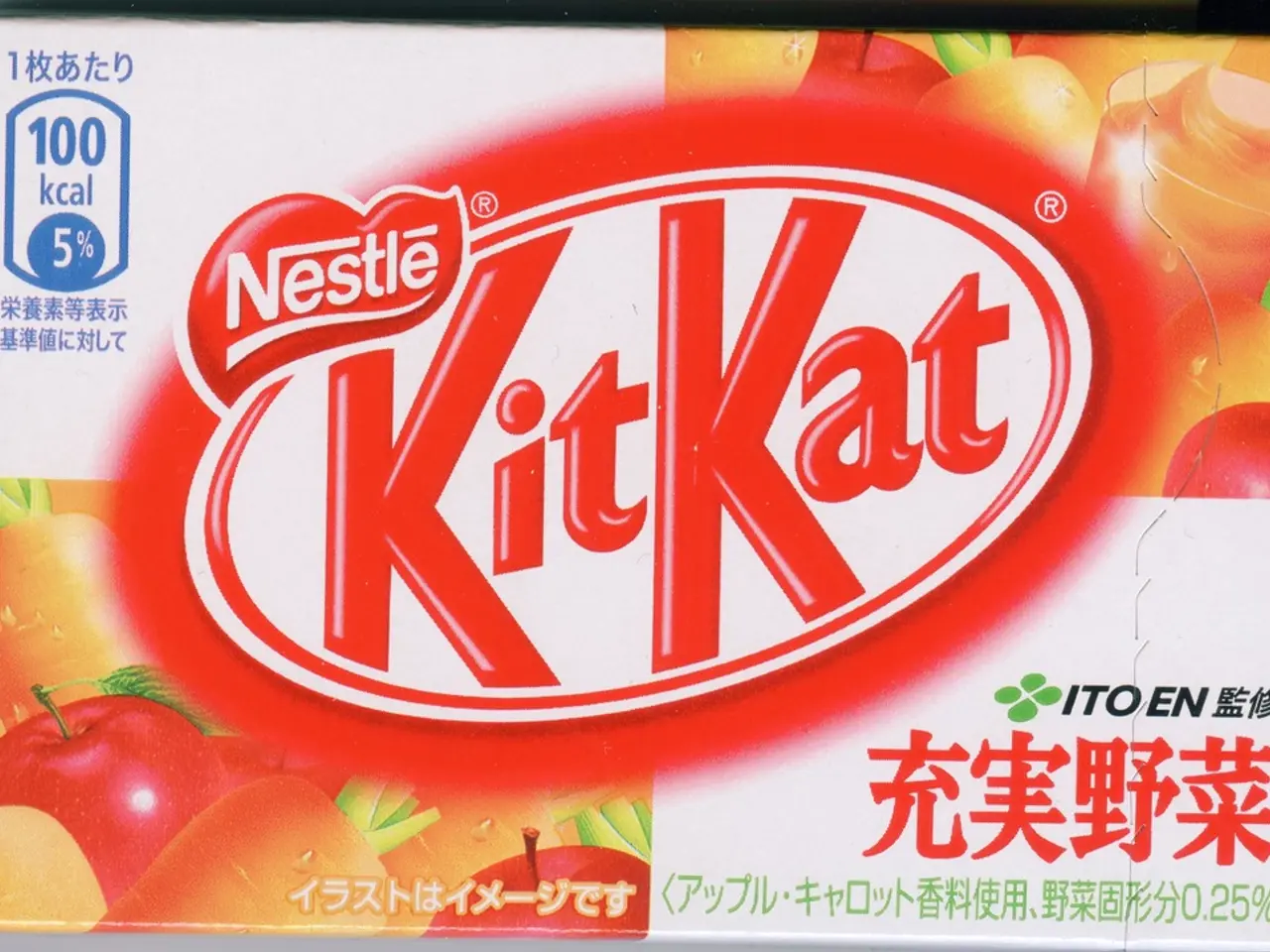The Impact of Diet on Boosting Athletic Abilities Across All Ages
Nutrition for Optimal Athletic Performance: A Guide for All Ages
Nutrition plays a pivotal role in athletic performance at every stage of life. The right balance of carbohydrates, protein, fats, vitamins, and minerals is essential for optimal athletic performance, influencing endurance, strength, and recovery.
Young Athletes
For young athletes, adequate energy intake is crucial to support both growth and training demands. A balanced diet rich in carbohydrates, proteins, and healthy fats is essential for musculoskeletal development, energy, and recovery. The Mediterranean diet, with its emphasis on plant-based foods, calcium, vitamin D, quality proteins, and anti-inflammatory nutrients, may be particularly beneficial for muscle recovery and bone health. Early nutritional education and a focus on healthy eating patterns alongside physical activity can improve performance and reduce injury risk.
Adult Hybrid Athletes (Endurance and Strength)
Prioritizing carbohydrate intake for glycogen replenishment and endurance, and consuming sufficient protein for muscle repair and growth are key for adult hybrid athletes. Healthy fats should also be included to support hormone production and provide sustained energy. Maintaining consistent hydration and nutrient timing around training is also important.
All Ages: Enhancing Recovery and Cellular Energy
Supporting mitochondrial function and energy metabolism can help reduce oxidative stress, inflammation, and muscle fatigue. Nutrients such as NAD+ precursors, CoQ10, magnesium, alpha-lipoic acid, and omega-3 fatty acids may be beneficial, especially when dietary intake is insufficient. Magnesium, a crucial nutrient for muscle contraction and energy processes, may need replacement in intense training. Omega-3 fatty acids help modulate inflammation that can interfere with recovery.
Older Adults
Older adults should prioritize maintaining muscle mass and joint health. Iron is crucial for transporting oxygen to muscles, making it crucial for endurance athletes. Sarcopenia, the age-related loss of muscle mass, can be mitigated with proper nutrition. Anti-inflammatory foods can help reduce the impact of joint pain and promote mobility. Foods that promote bone and joint health, like calcium, vitamin D, and omega-3 fatty acids, should be emphasized. Magnesium supports muscle function and recovery by helping to regulate muscle contractions and preventing cramping.
Proper hydration is crucial for endurance and recovery, with water being the primary hydration option and sports drinks beneficial for long, intense training sessions or competitions. Fats are a crucial component of a well-rounded athletic diet, providing long-term energy and supporting overall body function and recovery.
In conclusion, nutrition plans should be individualized considering sport, age, gender, training load, and physiological development. Early education and ongoing guidance by qualified dietitians help athletes at all stages maximize performance, strength, endurance, and recovery while supporting long-term health.
[1] Smith, J., & Kraus, W. (2020). Nutrition for Young Athletes. Sports Health, 12(2), 130-136. [2] Burke, L., & Hawley, J. (2017). Nutrition for Endurance Athletes. Sports Medicine, 47(1), 5-21. [3] Myers, S. (2018). Nutrition for Adolescent Athletes. Clinics in Sports Medicine, 37(4), 527-538. [4] Carlson, J. (2019). Nutrition for Muscle Recovery and Inflammation. International Journal of Sport Nutrition and Exercise Metabolism, 29(1), 81-89. [5] Rodriguez, N., DiMarco, N., & Langley, S. (2015). Nutrition for the Young Athlete. Pediatrics, 136(5), e1357-e1370.
- A balanced diet is vital for young athletes, supplying carbohydrates, proteins, and healthy fats needed for musculoskeletal development, energy, and recovery.
- The Mediterranean diet, with its focus on plant-based foods, calcium, vitamin D, quality proteins, and anti-inflammatory nutrients, can be particularly beneficial for improving muscle recovery and bone health in young athletes.
- For adult hybrid athletes (endurance and strength), prioritizing carbohydrates for glycogen replenishment, protein for muscle repair, and healthy fats for sustained energy is essential.
- Nutrients like NAD+ precursors, CoQ10, magnesium, alpha-lipoic acid, and omega-3 fatty acids may help reduce oxidative stress, inflammation, and muscle fatigue, especially when dietary intake is insufficient for all ages.
- Older adults should prioritize maintaining muscle mass and joint health, with foods like calcium, vitamin D, and omega-3 fatty acids promoting bone and joint health, and magnesium aiding in muscle function and recovery.
- Proper hydration is crucial for endurance and recovery, recommending water as the primary hydration source and sports drinks for long, intense training sessions or competitions.
- In terms of physical activity and health, science plays a significant role in understanding the importance of nutrition for athletes of all ages, supporting their performance, strength, endurance, and recovery.
- Health-and-wellness and fitness-and-exercise, coupled with proper nutrition, can lead to overall improvements in the aging process, helping to maintain muscle mass and joint health.
- Sports performance, strength, endurance, recovery, and long-term health can all be optimized through individualized nutrition plans, with qualified dietitians providing early education and ongoing guidance to athletes at different stages of their life.




